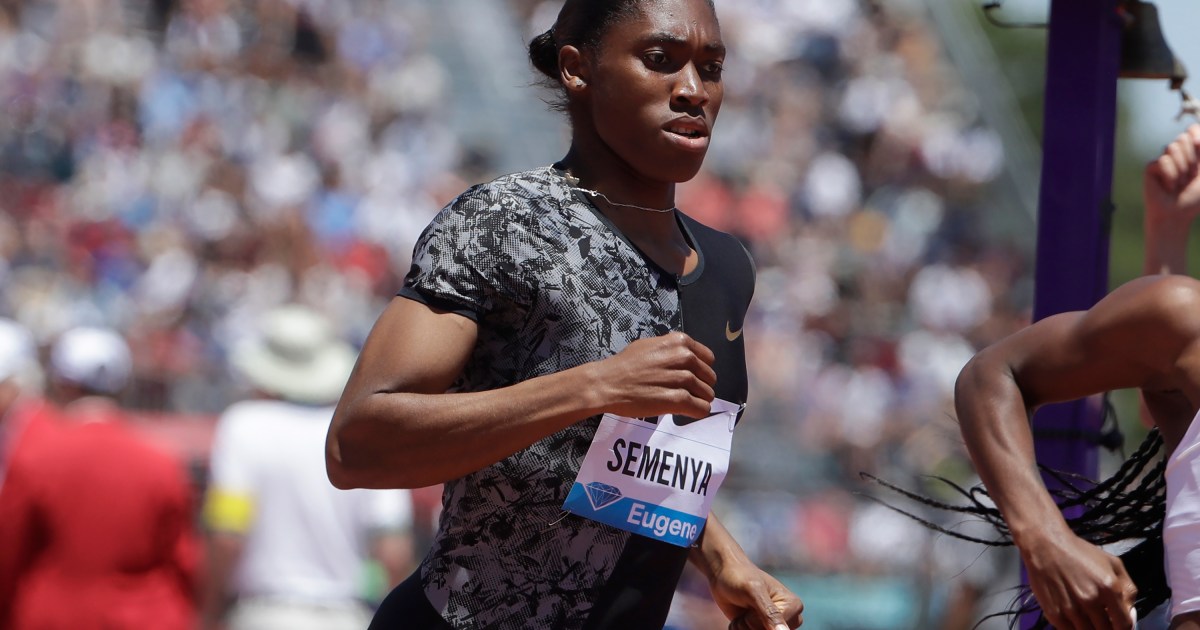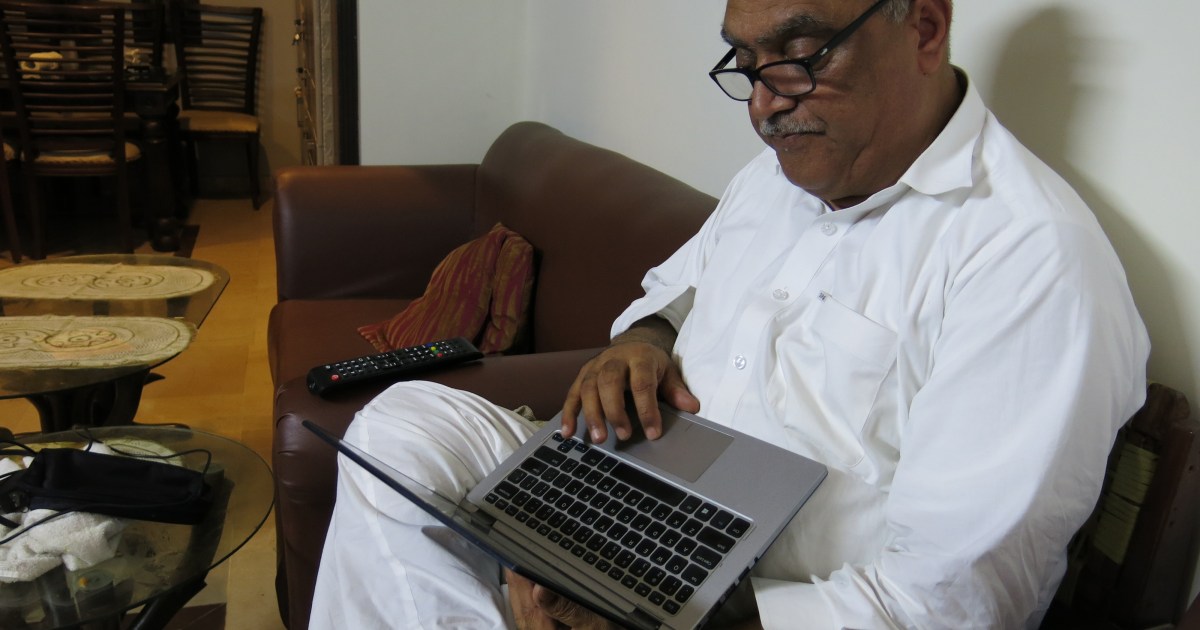Semenya takes testosterone limit case to human rights court
![No dates have been set yet for the hearing of the case in the European Court [File: Jeff Chiu/AP]](https://www.aljazeera.com/wp-content/uploads/2021/02/AP_19182681796875.jpg?resize=770%2C513)
South Africa’s two-time Olympic champion Caster Semenya has filed a lawsuit in the European Court of Human Rights that challenges restrictions of testosterone in female athletes.
In 2019, World Athletics, the sport’s world governing body, banned Semenya and other female athletes with differences of sexual development (DSD) from races between 400 metres (0.25 miles) and a mile (1.6km) unless they take hormone-suppressing drugs.
The 30-year-old has already lost two legal appeals against those World Athletics regulations.
Semenya unsuccessfully challenged those rules at the Court of Arbitration for Sport (CAS) and the Swiss Federal Supreme Court.
Her lawyers said there has been a “violation of her rights” and wants the human rights court to examine the rules.
“Semenya’s ongoing fight for dignity, equality, and the human rights of women in sport took a crucial step forward with the filing of an application” to the ECHR, her lawyers Norton Rose Fulbright, announced in a statement on Thursday.
“The regulations require these women to undergo humiliating and invasive physical examinations followed by harmful and experimental medical procedures if they wish to compete internationally in women’s events.
In its judgement last year, the Swiss court concluded that the CAS decision “cannot be challenged”.
“Caster asks the Court to find that Switzerland has failed in its positive obligations to protect her against the violation of her rights under the European Convention on Human Rights,” the statement added.
Semenya hopes her latest bid will see the European court “put an end to the longstanding human rights violations by World Athletics against women athletes”.
“All we ask is to be allowed to run free, for once and for all, as the strong and fearless women we are and have always been,” she is quoted as saying in the statement.
No dates have been set yet for the hearing of the case.
Table of Contents
Other affected athletes
Two other Olympic medalists from Africa, Francine Niyonsaba of Burundi and Margaret Wambui of Kenya, have said they are also bound by the rules. They also said they would refuse to undergo medical intervention to reduce their testosterone levels.
Semenya, Niyonsaba and Wambui finished 1-2-3 in the 800 metres at the 2016 Rio Olympics.
It is unclear if the human rights court would be able to hear Semenya’s case before the delayed Tokyo Olympics – set to open on July 23 this year – which might be Semenya’s last.
Previous sports cases that have gone to the European Court of Human Rights have taken years to be decided.






